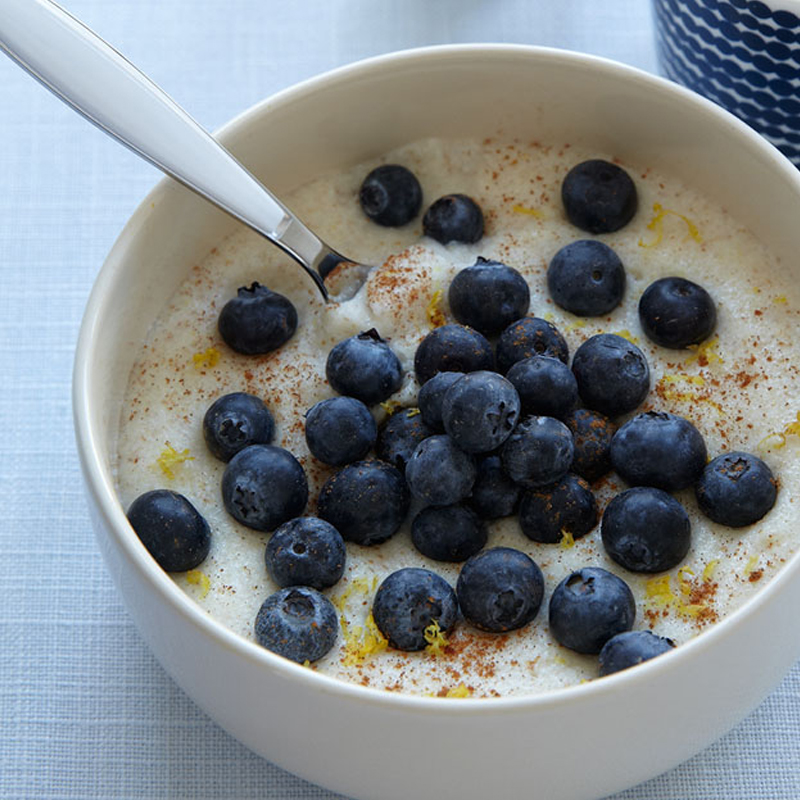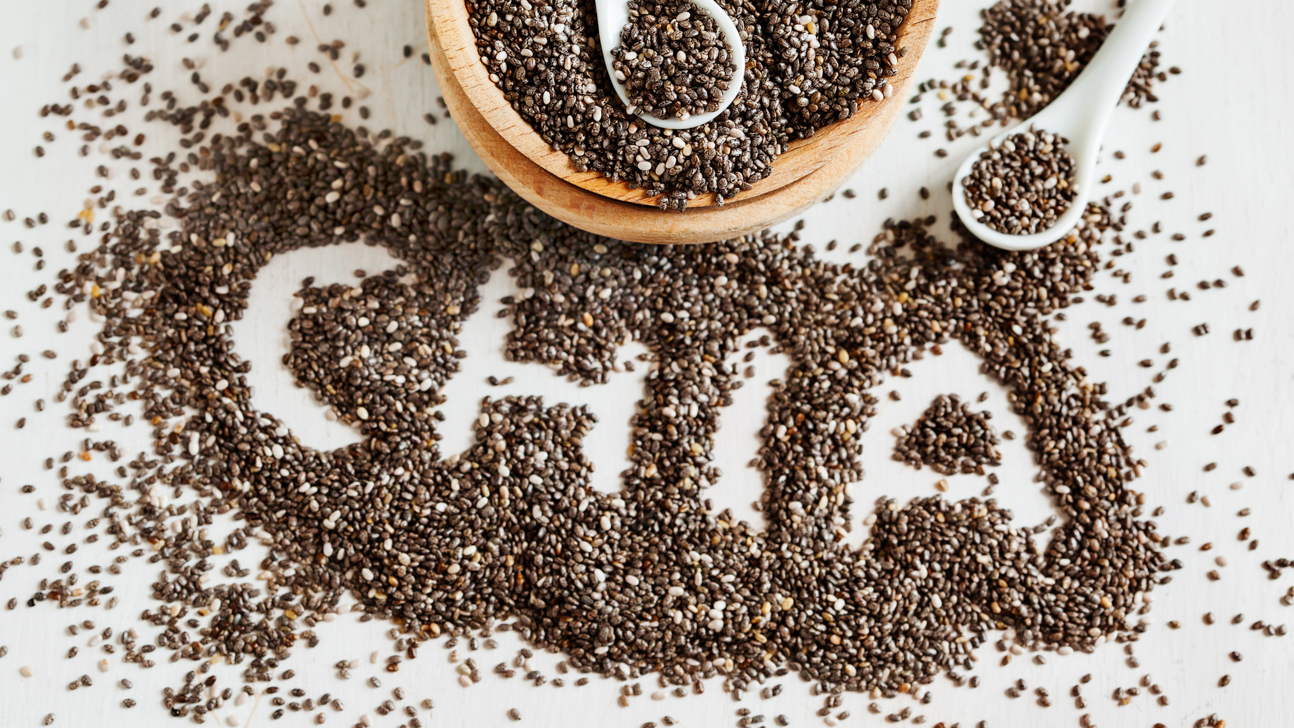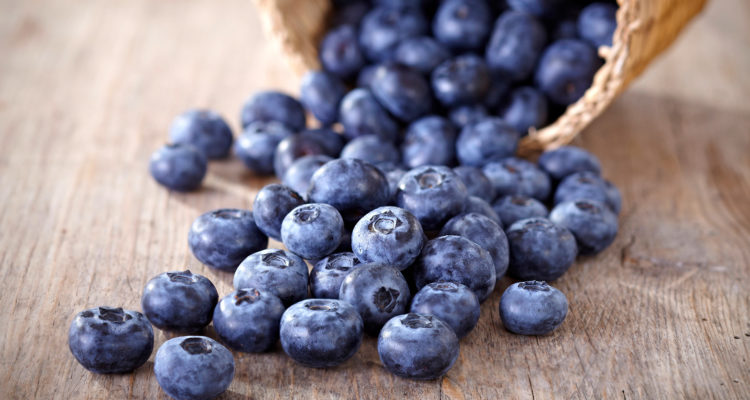It can be challenging to motivate yourself to pick the foods you eat with a purpose that is based on more than just personal taste. However, those who are mindful of how the foods they consume affect their physical wellbeing know that there is too much at stake when it comes to your health to fall into poor eating habits.
If you needed one more reason to start making more healthy decisions when it comes to the food that you choose to eat, consider the fact that adding in more plant-based foods to your diet can help to support the health of your eyes. Here are three foods that are recommended to stock up on if improving your eye health is one of your goals for this year.
While there are significant health benefits to be had when you increase the amount of plant-based foods in your diet, there is only so much that you can do for your eyes on your own. The best way to ensure that you have the healthiest eyes possible is to receive comprehensive eye care from trusted professionals like the optometrists at Okotoks Eyecare who can advise you on the best eye care practices.
1) Spinach
In general, dark and leafy greens contain large amounts of lutein and zeaxanthin. These are extremely helpful in protecting your eyes from potential damage that can be caused by ultraviolet rays from the sun. They can also help improve vision that is prone to be impaired by glare.
As far as other benefits go, the nutrients found in spinach and other leafy greens can help reduce your chances of getting certain eye diseases like cataracts or macular degeneration. If you want to add as much lutein and zeaxanthin to your diet, consider treating yourself to a leafy salad full of kale and spinach at least four to five times a week.

2) Blueberries
Blueberries are often classified as a superfood because of how many antioxidants they contain. Those antioxidants can go a long way in helping to improve your eye health. They may help to reduce the risk of cataracts and other age-related eye diseases. Furthermore, the antioxidants found in blueberries might also help your eyes to recover quicker from flashes of bright, glaring lights like the headlights of oncoming cars at night.

3) Chia Seeds
High on the list of the best nutrients for your eyes are omega-3 fatty acids, and chia seeds are pack with anti-inflammatory omega-3 alpha-linolenic acid (ALA). Omega-3s can support your eye health at a cellular level by reducing the risk of age-related eye diseases. You must try to get as many of the essential omega-3s as possible from the foods that you eat because the human body cannot produce them on its own. This means that if you want to reap the benefits of these fatty acids (which extend far beyond just your eye health), then you need to try to make chia seeds and other omega-rich foods a regular part of your diet. Oily fish including salmon and mackerel, and micro-algae such as spirulina and chlorella are useful sources of essential omega-3 fatty acids DHA and EPA.


